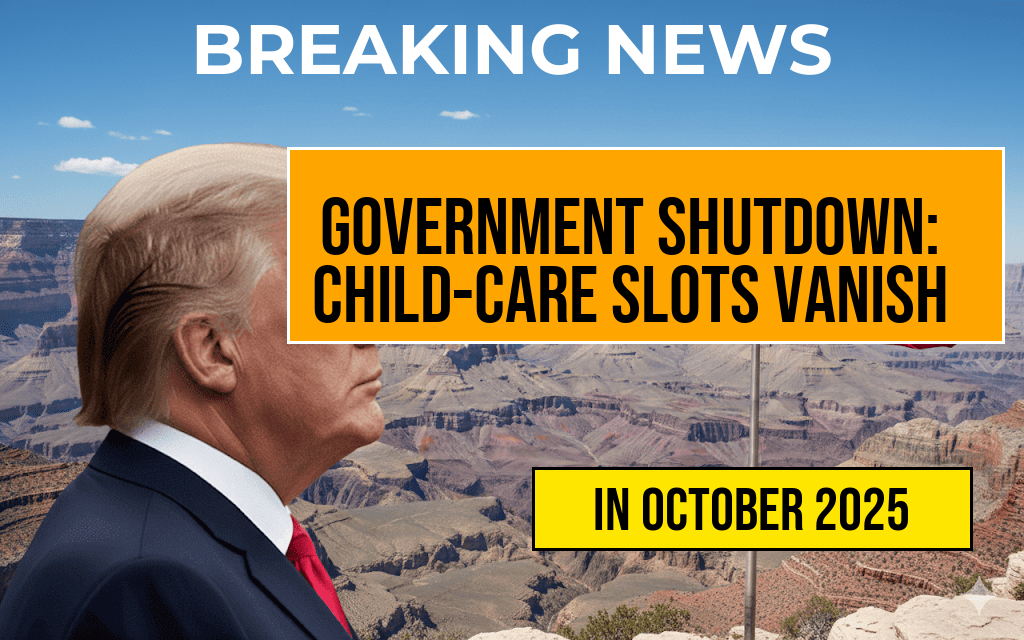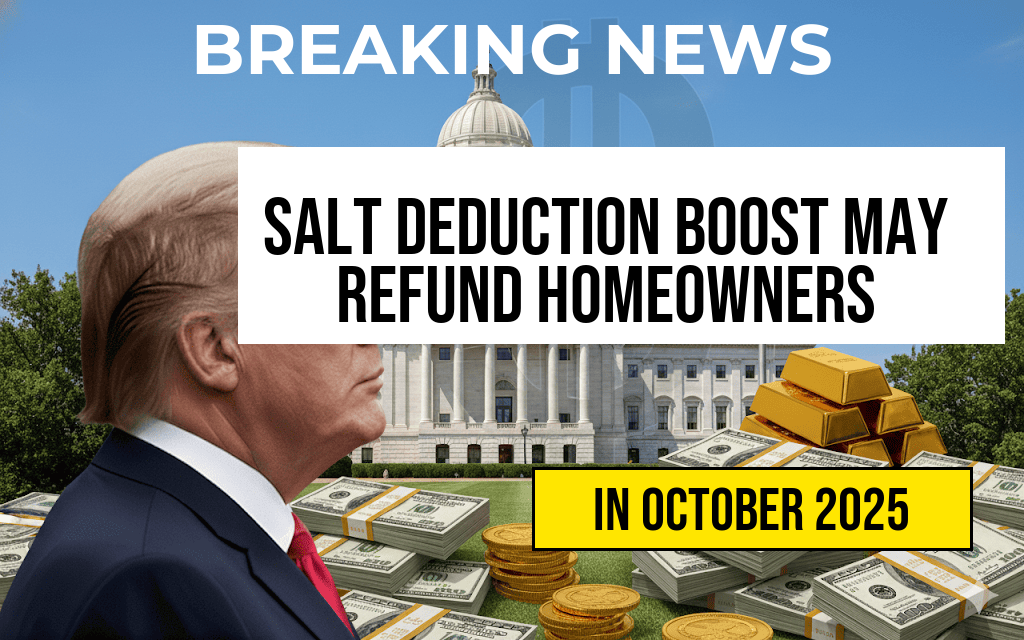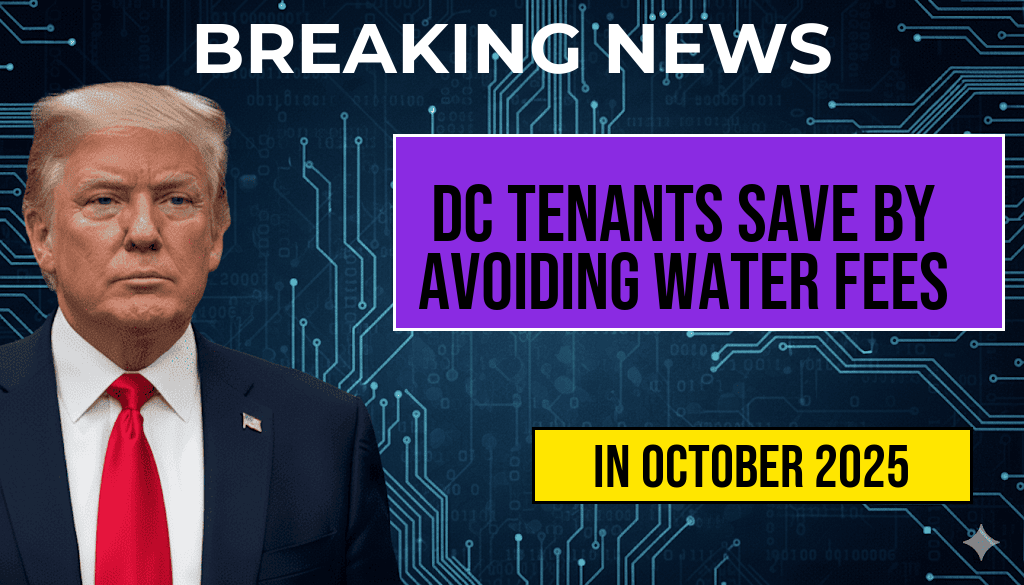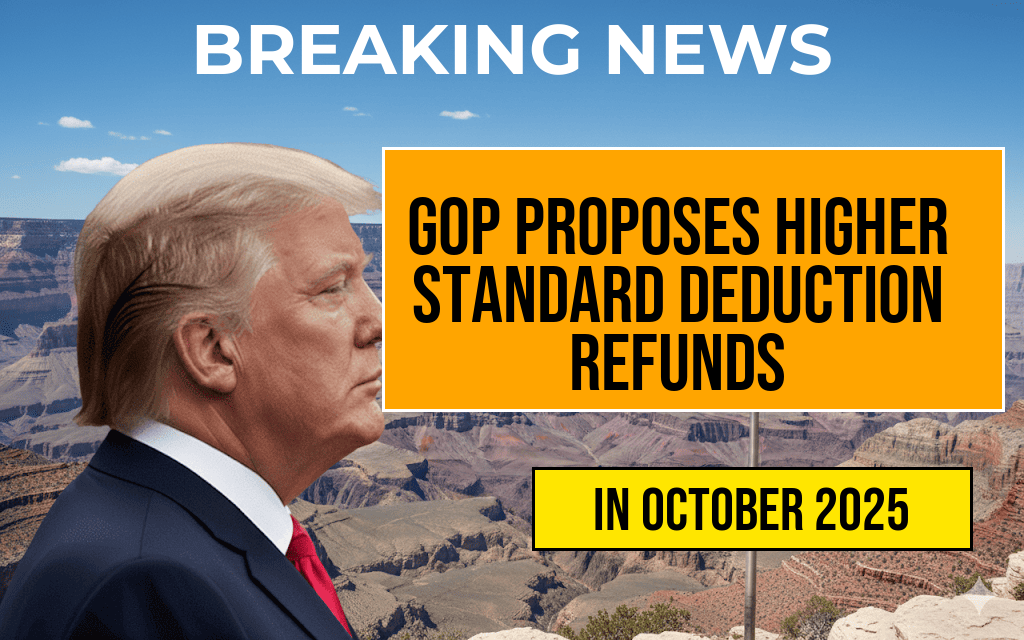As the U.S. government faces a potential shutdown, millions of Americans relying on the Affordable Care Act (ACA) are bracing for uncertainty regarding their monthly health insurance subsidies, which range from $300 to $800. The looming October 1 deadline for a government funding bill has sparked heated discussions among lawmakers, with potential implications for the financial support that many low- and moderate-income families depend on to afford health coverage. These subsidies, designed to make health insurance more accessible, are at the core of ongoing negotiations in Congress, leaving millions questioning their health care options and financial stability.
What Are ACA Subsidies?
The ACA subsidies are part of a broader initiative aimed at expanding access to health insurance in the United States. These financial aids help reduce the cost of premiums for individuals and families who qualify based on their income and household size. The subsidies are designed to ensure that coverage remains affordable, particularly for those who might otherwise forego necessary medical care.
Current State of the ACA Subsidies
Currently, ACA subsidies vary depending on income levels and the type of health plan selected. For many beneficiaries, these subsidies can mean the difference between having health coverage or facing significant out-of-pocket costs. The funding for these subsidies is tied to federal government appropriations, which are subject to annual budget negotiations. In the event of a government shutdown, the flow of these funds could be interrupted, leaving millions vulnerable.
Impact of a Government Shutdown
A government shutdown could halt the processing of ACA subsidies, creating a ripple effect that impacts health care providers and patients alike. If Congress fails to reach an agreement, many Americans could find themselves without the financial aid necessary to maintain their health insurance plans. This situation could lead to increased premiums and the possibility that some individuals may forgo coverage altogether, exacerbating public health challenges.
Who Would Be Affected?
- Low-Income Families: Families with incomes between 100% and 400% of the federal poverty level are the primary beneficiaries of these subsidies.
- Individuals with Pre-Existing Conditions: Many individuals who rely on ACA subsidies have pre-existing conditions that make obtaining affordable insurance on the open market nearly impossible.
- Small Business Owners: Entrepreneurs who utilize ACA plans for themselves and their employees could face substantial financial strain without these subsidies.
Political Implications
The political landscape surrounding the ACA and its subsidies is complex. While some lawmakers advocate for maintaining or even expanding these subsidies, others argue for cuts or restructuring. Debates are heavily influenced by partisan lines, with Democrats generally supporting the continuation of ACA subsidies and Republicans pushing for budget cuts in federal spending.
What Experts Are Saying
Health policy experts warn that a shutdown could have long-term consequences for the health care system in the U.S. “A lapse in funding for ACA subsidies could lead to a significant increase in the uninsured rate, reversing years of progress in expanding coverage,” said Dr. Emily H. Johnson, a health policy analyst at the National Health Institute. Experts urge Congress to prioritize health care funding in their discussions to avoid disruptions in service.
Looking Ahead
As the October 1 deadline approaches, stakeholders across the health care spectrum are urging Congress to act swiftly to secure funding for ACA subsidies. The stakes are high, with millions of Americans at risk of losing vital health care coverage. Advocacy groups are mobilizing to raise awareness about the importance of these subsidies, hoping to influence the decision-making of lawmakers.
Potential Outcomes
| Scenario | Impact |
|---|---|
| Government Funding Approved | Subsidies continue without interruption, ensuring coverage for millions. |
| Partial Shutdown | Some processing of subsidies halted, leading to delays in coverage. |
| Total Shutdown | Complete halt of subsidy disbursement, increasing uninsured rates. |
For those interested in learning more about ACA subsidies and health care policy, visit HealthCare.gov for comprehensive resources. Additionally, Forbes discusses the broader implications of potential funding cuts on health care access.
As negotiations continue, the future of ACA subsidies remains uncertain, underscoring the critical need for ongoing dialogue among lawmakers to safeguard health care access for millions of Americans.
Frequently Asked Questions
What are the ACA subsidies mentioned in the article?
The ACA subsidies, or Affordable Care Act subsidies, are financial assistance provided to eligible individuals and families to help lower their health insurance premiums. These subsidies can range from $300 to $800 per month based on income and household size.
How could a government shutdown affect monthly ACA subsidies?
A government shutdown could potentially disrupt the funding and administration of monthly ACA subsidies, putting at risk the ability of many individuals to afford their health insurance coverage.
Who is eligible for the ACA subsidies?
Eligibility for ACA subsidies typically depends on factors such as income level, household size, and whether individuals are purchasing insurance through the Health Insurance Marketplace.
What actions are being taken to protect ACA subsidies during the shutdown?
Lawmakers are negotiating measures to ensure that ACA subsidies remain intact during the shutdown battle, emphasizing the importance of these funds for millions of Americans relying on affordable healthcare.
Can individuals still apply for ACA subsidies during a government shutdown?
Yes, individuals can still apply for ACA subsidies during a government shutdown, but processing times may be delayed due to reduced government operations.













